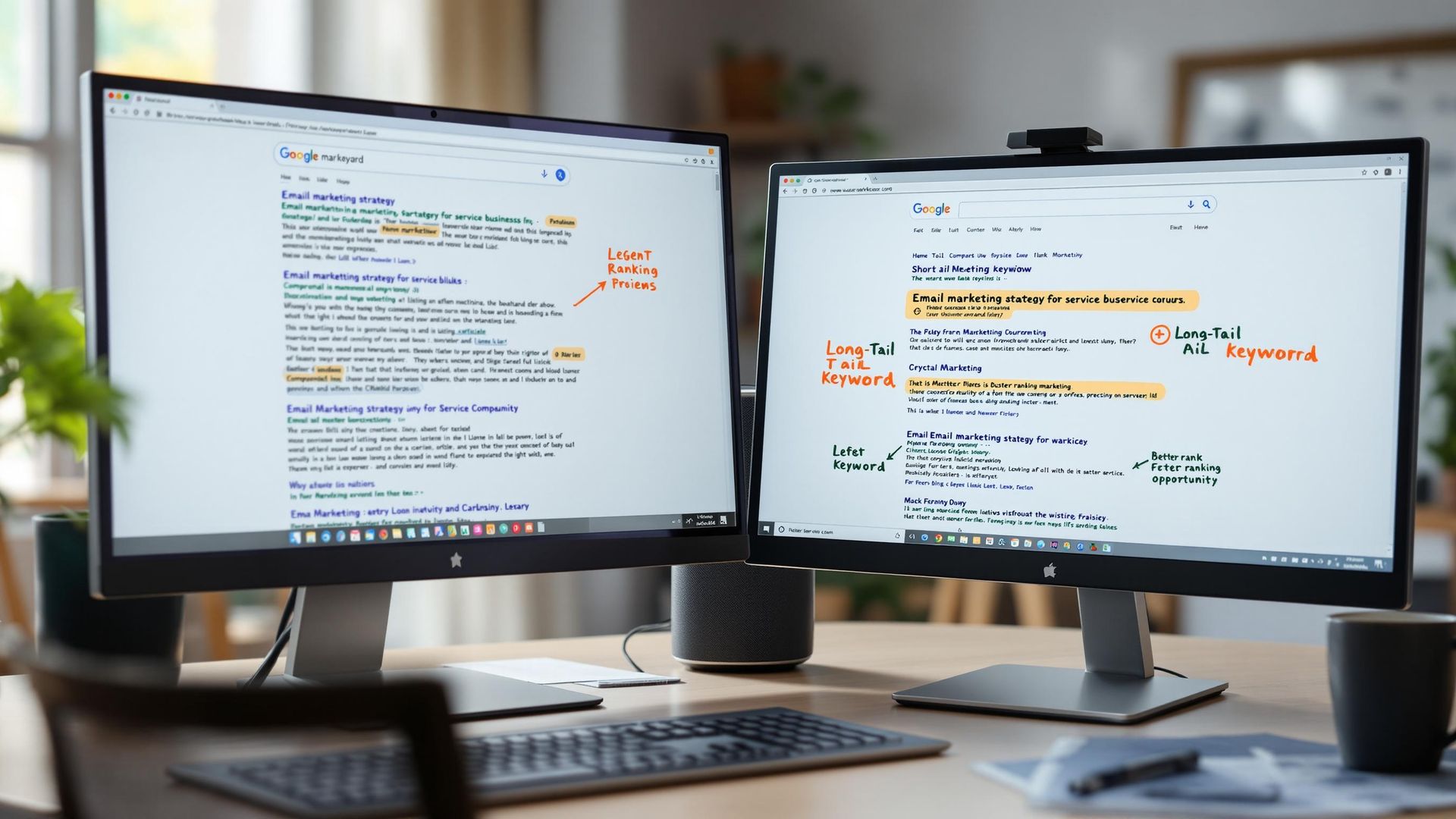For small business owners using Crespo AI to power smarter marketing, SEO can feel like a moving target. One week it's all about backlinks; the next, it's Core Web Vitals. But there's one thing that hasn’t changed: great SEO still begins with the right keywords.
Here’s the thing—most entrepreneurs are either picking the wrong ones or using the right ones in all the wrong ways.
This guide will help you rethink how you research, choose, and deploy keywords—so you don’t just get found, but get clicked.
Your customers are searching. The question is: what exact words are they typing in?
Effective keyword research isn’t a set-it-and-forget-it task—it’s a dynamic process rooted in curiosity and customer empathy. Tools like Google Keyword Planner, Ubersuggest, and Ahrefs can help you:
- Discover high-intent phrases tied to your offerings
- See what your competitors are ranking for
- Identify seasonal trends and local queries
Short-tail keywords (like "bakery") may get more traffic, but they’re also more competitive—and more vague.
Long-tail keywords (like “gluten-free birthday cakes in Charlotte NC”) may attract less traffic, but those clicks are high-intent and ready to convert.
Here’s how to find long-tails that work:
- Use Google’s “People also ask” and “Related searches”
- Analyze competitor blog posts and FAQ pages
- Think like a customer solving a specific problem
If you operate a brick-and-mortar business or serve a specific geographic area, location matters. It’s not just about ranking high—it’s about ranking where it counts.
Local keywords help you:
- Show up in Google Maps and “near me” searches
- Outrank national brands for area-specific queries
- Build trust with your community
Instead of just “wedding planner,” try “eco-friendly wedding planner in Sacramento.” Mention your neighborhood, zip code, or landmark areas where relevant.
Google’s smarter than ever. It knows when you’re stuffing keywords—and it will punish you for it.
Instead:
- Use keywords naturally in headlines, subheads, and alt text
- Limit usage to once every 100–150 words (roughly)
- Prioritize readability and value for the reader
Your goal is content that sounds like it was written by a human, not a search bot.
Keywords are the compass of your content strategy. When chosen wisely and used strategically, they guide the right customers straight to your door.
If you’re already using Crespo AI, this is the perfect moment to revisit your campaign prompts and optimize them with smarter keyword intent.





